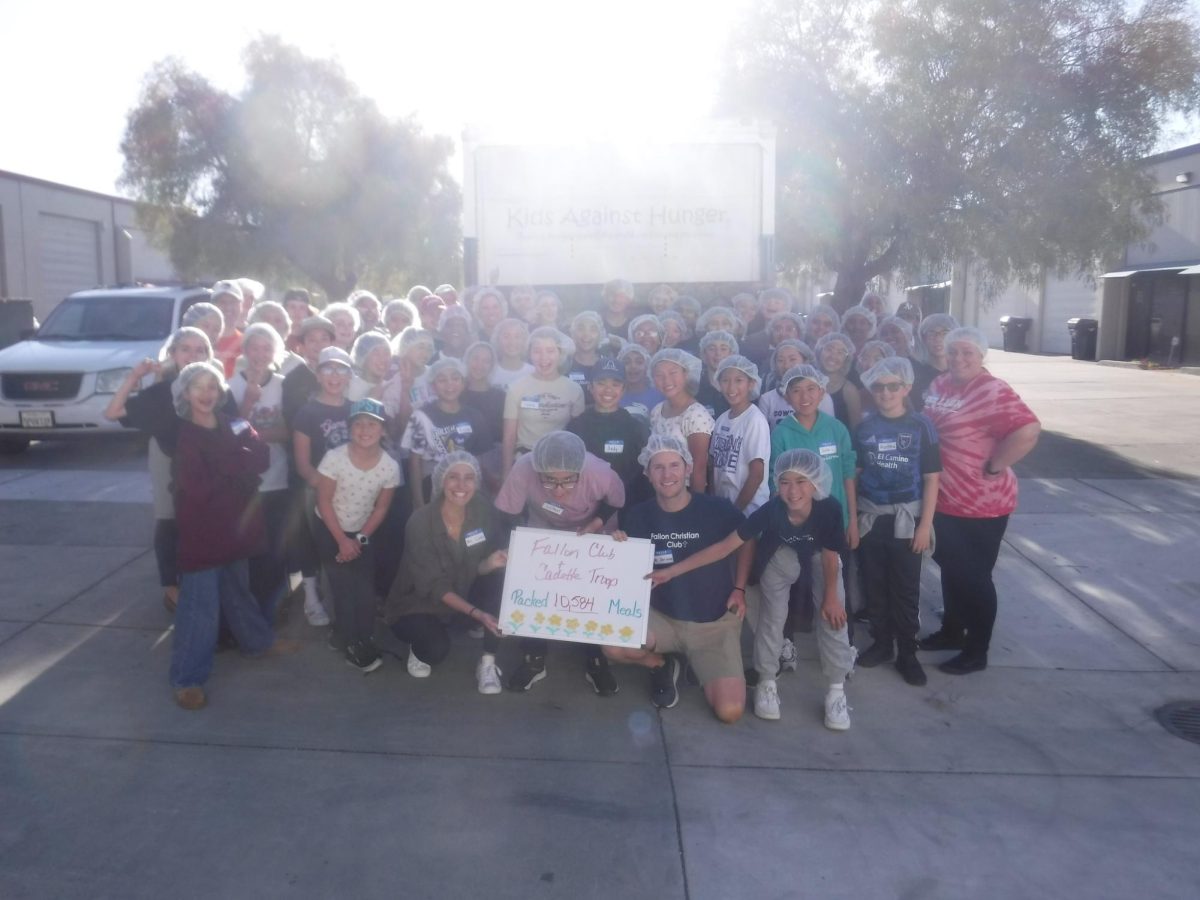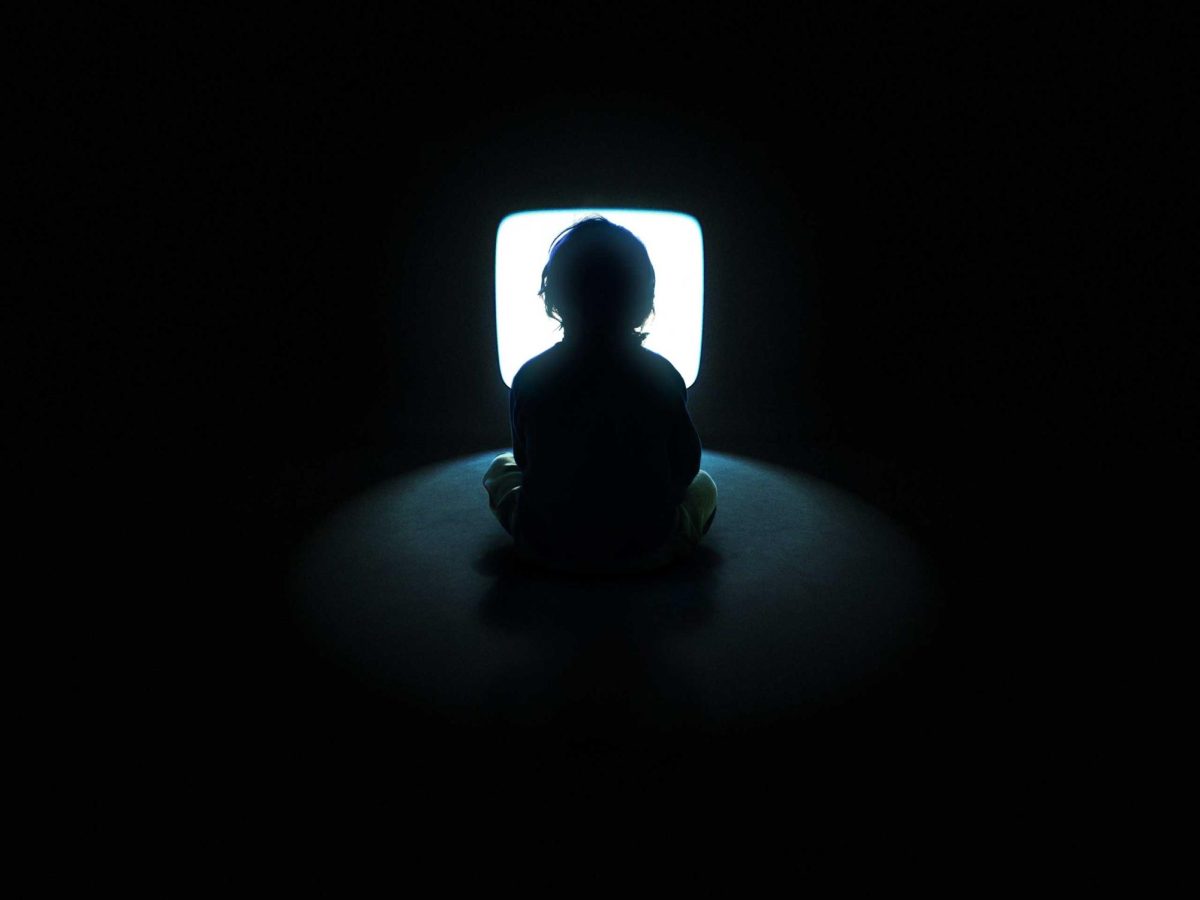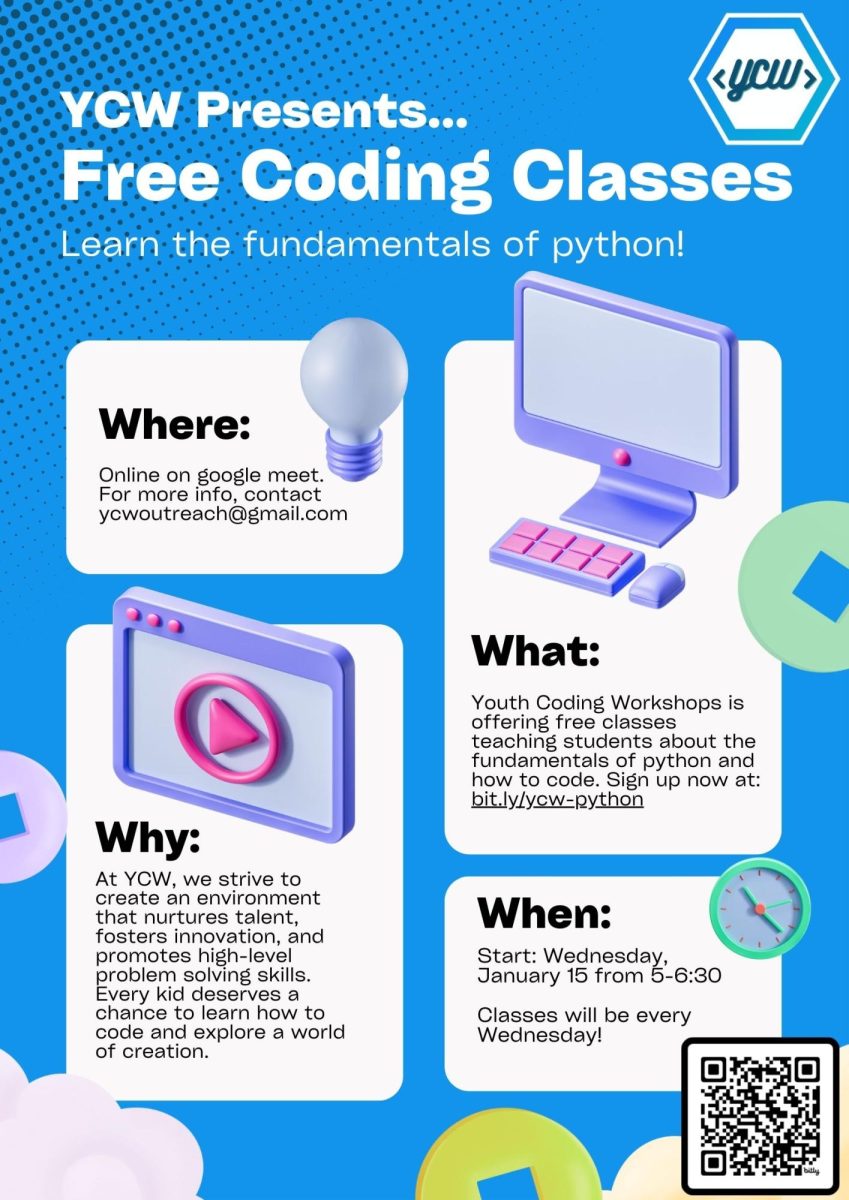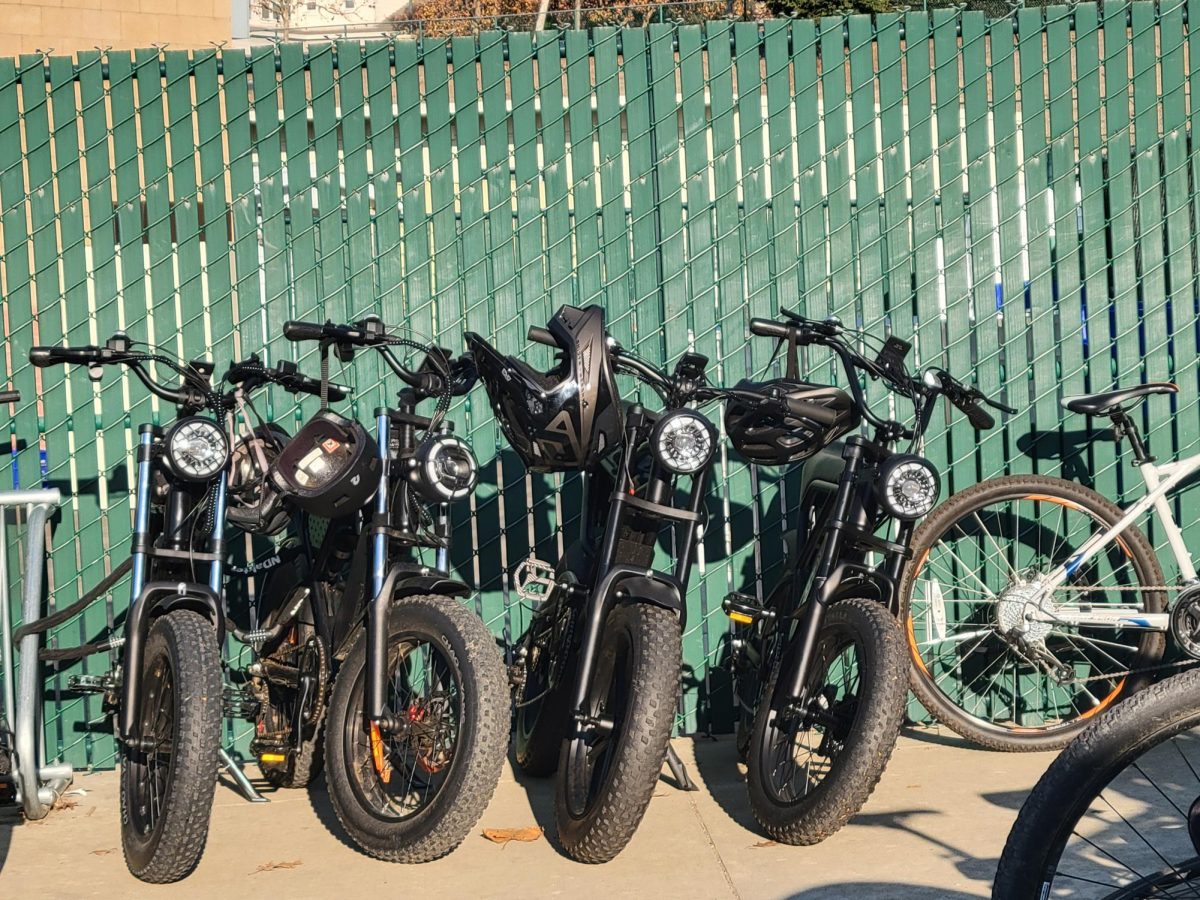Eclipses have been followed, documented, and revered since humans could look at the sky. The solar eclipse is a magnificent scene that seldom appears in several areas of the world. Although there are many events in space that not all humans can experience and admire, solar eclipses are one marvel all scientists and citizens can experience together.
Solar eclipses, these rare and wondrous events, occur naturally once every one to three years in different places around the globe. They are a breathtaking spectacle, a dance of celestial bodies. A solar eclipse occurs when the Moon passes between the Sun and the Earth, casting a shadow on Earth that either fully or partially blocks the Sun’s light in some places. The time when they are aligned is known as eclipse season, which happens twice a year. Just as the name suggests, the amount of sunlight that is seen from Earth changes. It is a cosmic rarity for a total solar eclipse to appear in the same location. A person would have to wait 300 years to witness a solar eclipse in the same area!
 Unfortunately, the solar eclipse on April 8th could only be seen partially in California. What makes it so unique is that it was the first solar eclipse to occur in America since August 21st, 2017—nearly seven years. The next solar eclipse to happen in America will be on August 23, 2044, and even then, only three states, North and South Dakota and Montana, will be in the path of totality—the area where people can see the moon completely cover the sun.
Unfortunately, the solar eclipse on April 8th could only be seen partially in California. What makes it so unique is that it was the first solar eclipse to occur in America since August 21st, 2017—nearly seven years. The next solar eclipse to happen in America will be on August 23, 2044, and even then, only three states, North and South Dakota and Montana, will be in the path of totality—the area where people can see the moon completely cover the sun.
The path of totality of this recent eclipse entered Texas first. The partiality began at 12:23 PM CDT, and the total eclipse began at 1:40. The eclipse traveled through fifteen states, including Oklahoma, Missouri, Kentucky, Ohio, New York, New Hampshire, and Maine.
During a total eclipse, the Sun’s outer atmosphere, the corona, is visible, offering a unique opportunity for scientific study. The heightened solar activity that the 2024 solar eclipse offered allowed for a large eruption of solar material, a crucial event for scientific research. The wider, more populated path and the increased time in totality increased excitement among viewers and scientists alike as we delved deeper into the mysteries of our Sun.
While solar eclipses are a fascinating spectacle, they also pose a significant risk. The sun’s rays are powerful enough to cause permanent blindness. It is of utmost importance to wear eclipse glasses while viewing the solar eclipse. These glasses are specifically designed for this purpose and are much darker than regular sunglasses. Remember, safety is a key aspect of enjoying nature’s marvels, and your eyesight is irreplaceable.
Even though Californians and all of the western United States weren’t able to watch a total solar eclipse, with the help of YouTube, news channels, and more, everyone was able to experience its benefits. This eclipse offered a perfect view of the Sun’s corona, allowing us to further advance our understanding of the Sun and the Solar System.
Sources
What to know about the solar eclipse, including what time it starts.
When was the last total solar eclipse in the U.S.? Revisiting 2017 in maps and photos – CBS News
If you miss 2024’s total solar eclipse, the next one in the US is far in the future
How the 2024 Total Solar Eclipse Is Different than the 2017 Eclipse






























